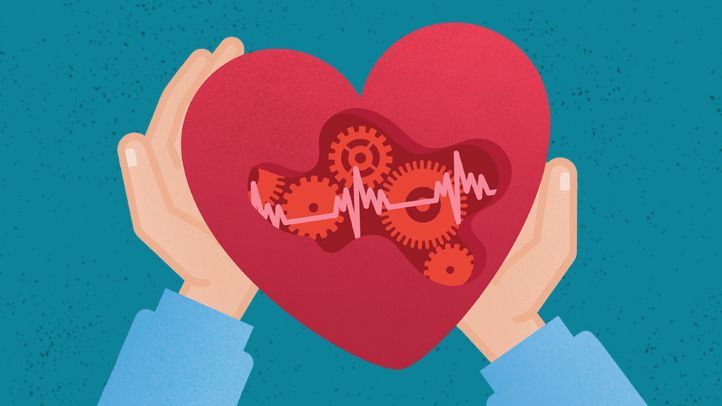Intermittent fasting is a popular dietary aid for weight loss in a shorter period of time. A lot of health magazines promote this fasting program to promotes health, managing weight, and detoxing your body from damaging toxins.
What is Intermittent Fasting? Intermittent refers to fasting; not eating anything and only drinking water for at least 24 hours. As unbelievable as this may seem, intermittent fasting has been very successful for many people in helping them to lose weight and feel better in general.
You follow a dietary plan for a short period and then continue a regular eating diet just after finishing the fast. The most popular way of fasting involves fasting for a period of 16 hours, two times a week. There are people who even fast for one complete day, 24-hour fasting, but it should only be tried if you are of regular fasting.
Intermittent fasting is the fastest and efficient way to lose body-fat. But how do you go about it?
- Not Too Long Or Too Short Fast Length – An ideal fast length for weight-loss or other health benefits must be performed for 16 and 24 hours depending on age, experience, and other relevant factors. Any less than this won’t really give you the results and any longer than this is simply unnecessary to adapt to.

- Stay Hydrated – Intermittent fasting will also help to cleanse your system and let your body work more efficiently throughout the day.

- The 5:2 Approach – With this regime, you will fast two days a week with 600-900 calories intake between 2 to 7 pm. The other 5 days of the week, you can enjoy your planned nutrition diet.

- Once A Week Full Day Fast – A full day fast can be a little uncomfortable but the best way to detox your body through water intake.

- Break It With Healthy Diet – Try to break the fast the following morning with a nutrient-dense breakfast to enjoy the intermittent fasting benefits.
Who Should Not Do Intermittent Fasting?
- Women getting pregnant, are pregnant, or are breastfeeding.
- Malnourished or underweight.
- Children under 18 years
- People who have gout or gastroesophageal reflux disease.
- Diabetic Patient
- Those who are taking other medications
Benefits of Intermittent Fasting
- It Is Easy To Cut Calories – On the basic level losing weight is all about taking in fewer calories you burn. So, for example, if you have worked out that to lose weight you need to consume no more than 1500 calories a day over the course of a week you are eating approximately 10500 calories. Now to achieve this normally you have to be aware of everything you eat and the quantity you consume. However, by doing 2 fasts per week, you can be confident that as long as you don’t go too crazy on the non-fast days the calorie deficit you need to create is met without too much difficulty.

- It Is Easy To Follow – With intermittent fasting one of the biggest benefits is its simple routine. Before starting this fasting, we usually follow the six meals a day approach. Fasting a week plus eating healthy is the best way to lose or maintain weight. This works well in our lifestyle and because of this, we will be able to follow this plan without any hassle or hectic routine.
- It Is Easy To Stick With – One of the biggest problems for most people is sticking with a diet for long enough to get the results they want. The main reason is that the diet is too restrictive. Another big benefit of intermittent fasting is that on the days when you are not fasting you can eat anything without having to stress about it.
- Better Sleep – A hydrated and relaxed body leads to better sleep than a dehydrated tired body. Following this ritual, you can sleep easily and happily.

- Enhances Heart Health – In addition, intermittent fasting has been shown to improve blood pressure and heart health due to a healthy diet and pattern.

- Boosts Brain Power – Multiple studies demonstrated fasting has many neurologic benefits and generates new brain cells.

- Increases Metabolism – Intermittent fasting raises metabolism leading to ultimate fat loss.
How To Prepare For Intermittent Fasting? If anyone is thinking about starting intermittent fasting firstly follow a low carb and healthy diet routine and you can also consult a good dietician for the right diet plan according to your body.
Tapasya Mundhra is one of the famous dieticians in Delhi and can help you with a weight loss program. For more info consult her today.
Tapasya Mundhra is a Clinical Dietitian and Wellness Consultant based in Newark, USA, specializing in Nutrition for Weight Loss, Detox Diets, and Stress Management. With over 13 years of experience, she helps clients optimize their physical and mental well-being through personalized diet plans, moderate workouts, and holistic health strategies. Trusted by countless clients, she is dedicated to achieving sustainable health goals.

